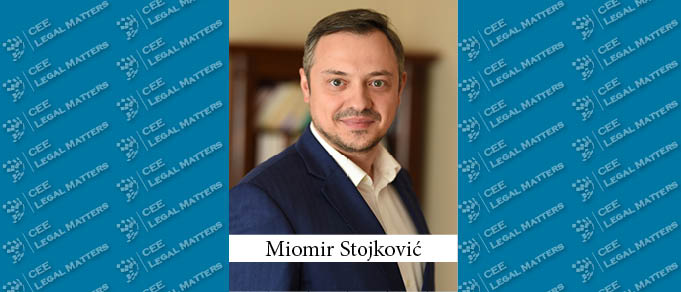The last year adopted amendments to the Law on Personal Income Tax introduce the obligation to apply and implement, as of 1 March 2020, the so-called Independence Test for entrepreneurs.
This test basically questions the current tax status of entrepreneurs – whether the entrepreneur can be taxed as usual or something must change in order to comply with the tax law.
Therefore, the Independence Test introduces 9 criteria which would serve to assess the degree of independence of the entrepreneur in her/his relationship with the client (income payor).
Those criteria, in short and generally, aim to establish the following:
- Who determines working hours, holiday and leave?
- Does the entrepreneur typically use premises provided or designated by the client?
- Does the client provide professional development training(s) for the entrepreneur?
- Whether the entrepreneur was hired by the client via job advertisement or through a recruitment agency?
- Does the client provide or finance basic tools, equipment or other basic tangible or intangible assets required for regular work of the entrepreneur?
- Does at least 70% of the total revenue of the entrepreneur derive from one client?
- Who assumes the typical/common business risk towards the ultimate user for the job that the client assigned to the entrepreneur?
- Is there a full or partial exclusivity in terms of the business relationship or cooperation between the client and the entrepreneur?
- Does the entrepreneur provide services, continuously or intermittently, for 130 days or more for the same client?
So, if five out of nine criteria are met, the entrepreneur must change its status or consider some other (tax optimal) adjustments. Otherwise, the entrepreneur can carry on with its business as usual.
In order to be certain which way to go, there are at least two steps to be undertaken before March 2020, namely, (i) due diligence through analysis of relationship between the client and the entrepreneur, and (ii) drafting a red flag report on findings.
In such context, it is first necessary to review factual and contractual terms and conditions between the client and entrepreneur, which typically involve examination of specific information and documents (e.g. contract with entrepreneurs, relevant accounting information such as balance sheet, income statement, fixed assets register, and so forth).
Then, based on the conclusions that result from the previous step, red flag report should follow, which would by itself bring clarity on findings and give direction in terms of the way forward.
Anyhow, even if entrepreneurs pass the newly introduced tax test, the report should typically address a level of risk associated with each criteria that can potentially arise if the Tax Administration interpreters the law differently.
If the entrepreneurs, on contrary, flunk the test, the report should address other tax optimal solutions for engagement of the entrepreneurs.
So, the analysis and report should give and display the results of the Independence Test, which would boil down to the following:
PASSED - in this case it is, also, necessary, to determine, address, and recommend way to eliminate or mitigate risks associated with application of ''substance over form'' principle by the Tax administration.
FAILED - this outcome naturally leads to finding and recommending alternative solutions that are tax optimal for involved parties, by performing cost/benefit analysis of each scenario.
Finally, please bear in mind that this material attempts to explain one of our approaches in handling this matters.
Therefore, like all other materials on our web site, it has been prepared for informational purposes only, and is not intended to provide, and should not be relied on for, tax, legal or accounting advice. As a result, you should always consult your own tax, legal and accounting advisors before engaging in any transaction.
By Miomir Stojkovic, Principal, Stojkovic Attorneys




